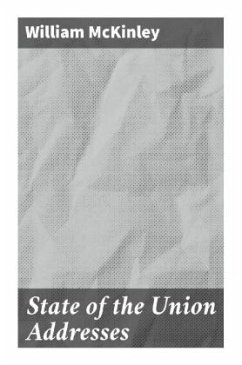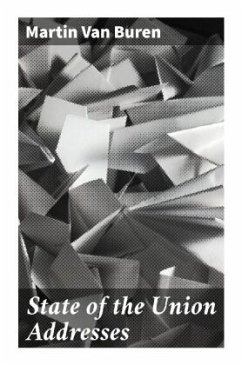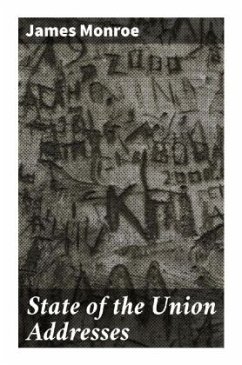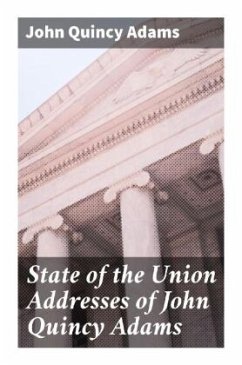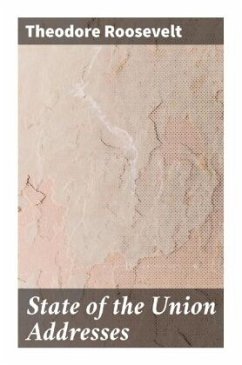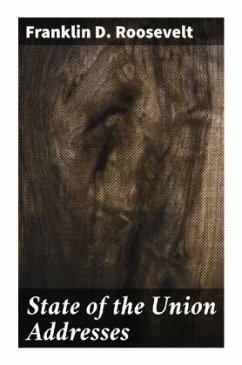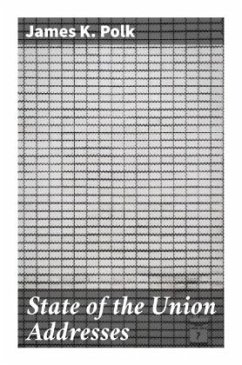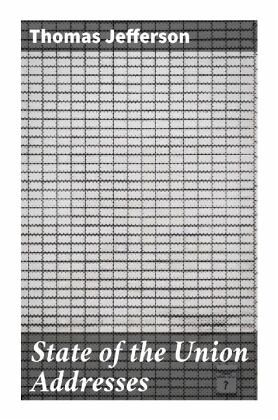
State of the Union Addresses

PAYBACK Punkte
3 °P sammeln!
In the "State of the Union Addresses," Thomas Jefferson eloquently articulates his vision for a unified nation in an evolving political landscape. Written during a pivotal time in early American history, Jefferson's addresses blend classical rhetoric with Enlightenment ideals, reflecting the values of reason, liberty, and democracy. His articulate prose and thoughtful analysis provide insight into the challenges and triumphs facing the nascent United States, emphasizing the importance of civic responsibility and the role of government in securing the rights of its citizens. Jefferson, the thir...
In the "State of the Union Addresses," Thomas Jefferson eloquently articulates his vision for a unified nation in an evolving political landscape. Written during a pivotal time in early American history, Jefferson's addresses blend classical rhetoric with Enlightenment ideals, reflecting the values of reason, liberty, and democracy. His articulate prose and thoughtful analysis provide insight into the challenges and triumphs facing the nascent United States, emphasizing the importance of civic responsibility and the role of government in securing the rights of its citizens. Jefferson, the third President of the United States and a Founding Father, was deeply influenced by enlightenment philosophies and his own experiences in governance. His tenure as Secretary of State and President provided him with a unique perspective on the interplay between federal authority and individual rights. His commitment to the principles of self-governance and his rich intellectual legacy are woven throughout these addresses, offering historical context that enriches the understanding of his political ideology. This collection is imperative for readers interested in American history, political science, or the evolution of democracy. Jefferson's profound insights not only illuminate the founding principles of the United States but also provoke contemporary reflection on the role of government in society today.





